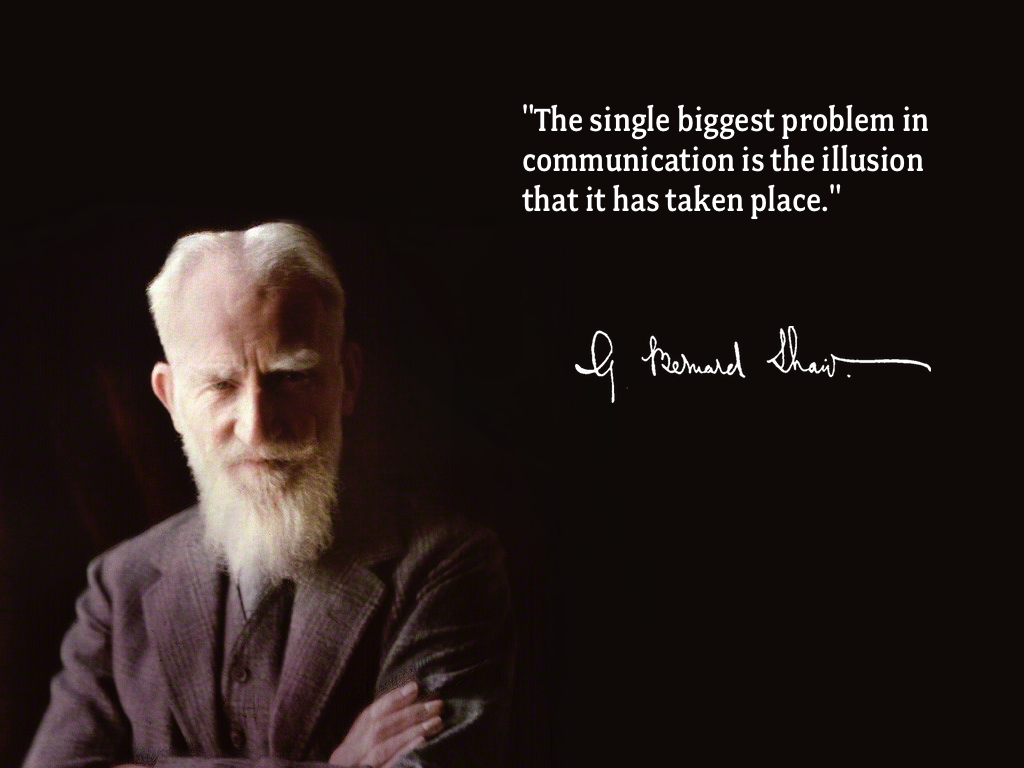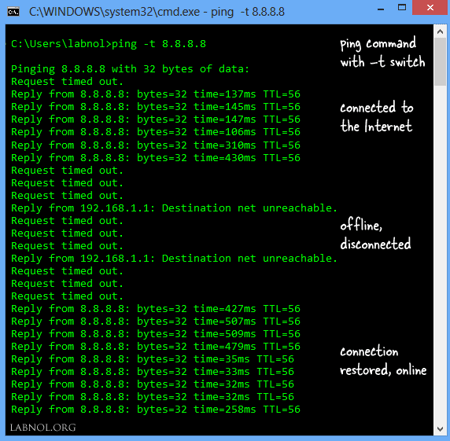As George Bernard Shaw once famously said, “the single biggest problem in communication is the illusion that it has taken place.” Nowhere does this seem more applicable than when it comes to office jargon in the modern workplace.

While the corporate vocabulary is ostensibly used as a shorthand for likeminded professionals, most of the time it can feel like a senseless communication barrier designed to confuse, obfuscate, and keep people out.
At AskCody we believe that clear communication and access to information are some of the most important factors in a functional work place. So to help even the playing field, we’ve put together a list of some of the most common words and phrases floating around offices today to help you feel like you’re “in the know.”
The Most Common Workspace Jargon of 2018
Due to advanced technology, new generations entering the workplace, and plain old social evolution, the traditional office space is becoming a thing of the past. To accommodate a whole new bevy of workspace options, there are naturally a bunch of new jargon-y words to go with it. We’ve listed a few essentials below.
Hot Desk
Sometimes called “office hoteling,” hot desking is a flexible office design that has popped up more in recent years due to the growing ease and prevalence of remote and global work (as well as to cut down on overhead costs). It involves unassigned work spaces and resources that are used by different groups of employees at different times, either on a first-come-first serve open basis, or through an office management system like AskCody.
Neighborhoods
Some offices are organizing themselves into neighborhoods, or clusters of workers and resources based on who needs to work closely on a day to day basis. By clustering relevant teams and resources, companies can use the concepts of urban physics to help increase collaboration and productivity among departments.
Huddle Rooms
Flexible meeting spaces decked out with IT/AV hook ups for impromptu or last minute meetings.
Activity Based Clustering
The form of your clusters will follow the intended activity
Workspace designed to optimize team functioning by creating different spaces that might accommodate a team’s changing needs throughout the day. An office designed around activity based clustering would likely include huddle rooms, open space areas for brainstorming, large shared tables, and casual lounges, seating areas, or cafes to encourage informal interactions and spark collaboration and creativity at any time of day.
Accelerator
An application-based program designed to “accelerate” the growth of promising startups. Benefits usually include networking, mentorship, free workspace, and access to funding, as well as a small amount of seed money in exchange for equity. This gives the accelerator increased incentive to see their “graduates” become successful.
Coworking Space
A membership-based workspace that works similarly to a gym membership. Coworkers pay a monthly fee for access to desk space, meeting rooms, phone rooms, mail service, and other professional necessities and amenities. Some are sector-specific, but most host a diverse set of remote workers, independent professionals, small businesses and startups.
Interpersonal Office Jargon Dominating 2018
But the new generation of jargon doesn’t stop at the spaces we work in, it also rules every interaction we have from the meeting room to the casual hallway encounter. Corporate double-speak being what it is, the words and phrases listed below have a surface level meaning, as well as a distinctive subtext.
Bandwidth
Time or resources, as in “does anyone have the bandwidth for this?” You can also try beating the buzzword with a preemptive “I’m sorry, I just don’t have the bandwidth to take on any new projects right now.”
Circle Back
If you’ve ever gotten sidetracked in a meeting, or run up against an issue or a problem that no one can adequately figure out yet, then you’ve heard the phrase “circle back” as in, “let’s circle back to this later.” Generally means “I don’t want to think about this right now,” as is closely related to the office term “revert.”
Paradigm Shift
Once an elevated phrase meant to denote radical shifts in thought systems and fundamental changes to our understanding of the world, now is just a stand-in for something that sounds like it’s really important. While it does mean change, be prepared for it to be a lot less dramatic and earth-shattering than it sounds.
Ping

The original technical ping measures time between servers
As in “ping me about this later.” A professional way of saying “this isn’t important enough to warrant an email or an in-person discussion,” relegating it to the more immediate but more ephemeral instant message. Subtext: “I hope you forget to ping me about this later.”
Bootstrap
In Silicon Valley, bootstrapping is code for funding your own startup, but it has also come to mean simply a small ground-up operation with a tight budget. This is the kind of company where everyone does everything and you may get more stock options than salary.
Pivot
A fancy way of saying, we’re changing directions,” the word pivot is basically just code for “we made a mistake”. Prepare for everything you’ve worked on so far to be mostly meaningless.
Let’s face it – office jargon and corporate buzzwords are here to stay. They words may shift over the years, like any slang or coded language, but every generation has its own brand of corporate lingo to contend with. We hope this cheat sheet empowers you to use a new set of vocabulary with clarity and confidence so you can take your next huddle room meeting by storm.




